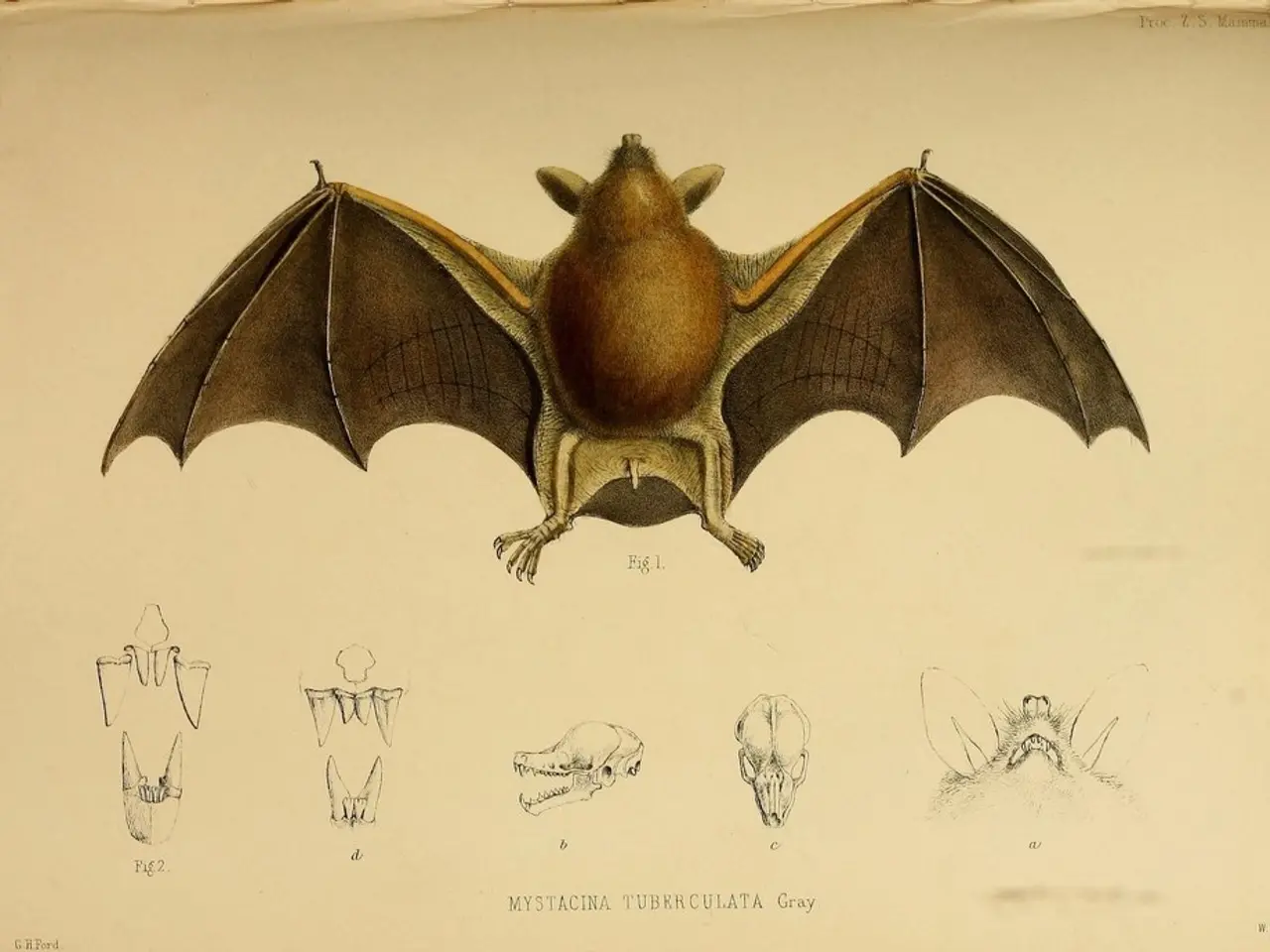Wage Hikes Across Europe: A Mixed Bag for Workers
Rise in European Wages Yields First Real Wage Growth Since 2021, in 2024 - Increase in European tariffs results in first-year real wage growth since 2021, reported in 2024.
European workers are seeing a shift in their purchasing power, with some countries recording impressive wage gains. Austria leads the pack with a staggering 5.4% increase, followed by Portugal (4.5%) and Slovakia (3.8%). Even Germany clocks in with a respectable 2.8% inflation-adjusted rise, slightly above the continent's average.
The picture, however, isn't entirely rosy. Years of stagnant wages are still echoing in various European countries, with wage earners in the Czech Republic (-11.4%), Italy (-9.1%), and Spain (-5.6%) bearing the brunt of real wage losses. Germany's difference lies at 4.7%.
The Hans-Böckler Foundation, an affiliate of trade unions, sheds light on the increasing volume of strikes across the Eurozone over the past two years. This jump has been observed even in countries traditionally quiet on the labor dispute front.
Germany's strike rate stands at 21 lost days per year for every thousand employees, placing it in the European middle ground along with the Netherlands. Countries like Belgium (107 lost days), France (102 lost days), and Finland (93 days) witnessed more strikes in 2024.
The Wage Game: A Comparative Analysis
Between 2020 and 2024, certain Eastern European nations are seen to outpace Germany in hourly wage increases. Countries such as Croatia (+13.9%), Poland (+13.8%), Romania (+13.1%), and Bulgaria (+13.0%) experienced significant wage hikes. German wage growth, while present, appears more moderate compared to these hotspots.
The relatively stable consumer price increases in Germany from 2025 suggest a balanced approach to wage growth, aimed at managing inflationary pressures.
Strikes: A Bargaining Chip Across the Eurozone
Historically, strikes have been at the forefront of workers’ fight for better wages and working conditions across the Eurozone. Influencing collective bargaining, they exert upward pressure on wages, particularly in labor-short or inflation-prone sectors. The recent wave of strikes in the Eurozone is no exception, playing a crucial role in regional wage dynamics, including those in Germany.
In essence, while wage growth is on the rise in certain parts of Europe, some countries are still grappling with wage stagnation. Strikes continue to play a vital role in shaping wage negotiations across the Eurozone, with many countries witnessing increased labor disputes in recent times.
- In considering Europe's employment policy, it is crucial to take into account the community policy's potential impact on wage negotiations, given the increasing volume of strikes observed across the Eurozone.
- As businesses navigate the complex landscape of wage hikes across Europe, it becomes essential to carefully analyze the role of finance in shaping employment policies, as it can significantly influence worker's purchasing power and, consequently, business operations.






